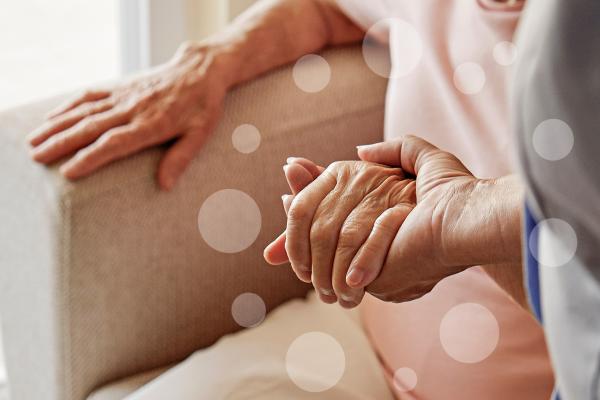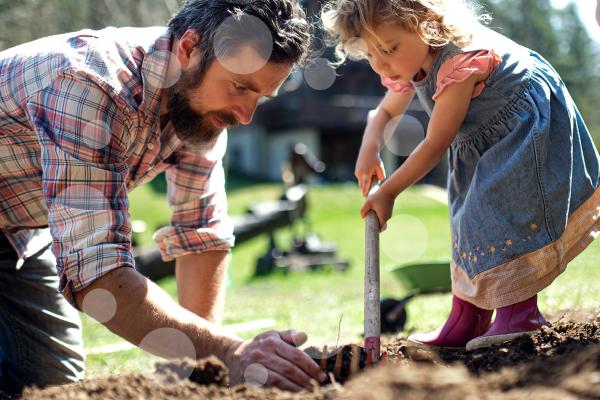Chemical safety assessment has traditionally been based on animal testing but the EU has been promoting for many years the replacement, reduction, and refinement of animal testing. Further it is also considered that traditional risk assessment approaches are insufficient to adequately predict the potential risk associated with any given substance, especially when considering normal life low-dose exposure. Therefore new prediction models are needed in a new intelligent and more efficient safety assessment, based on in vitro testing in combination with computational modelling.
The JRC supports the implementation of EU chemicals policy (including the safety assessment of industrial chemicals, chemicals in consumer products, pesticides and biocides) and regulatory decision making, by developing, evaluating and applying alternative (non-animal) methodologies for human health safety assessment.
EURL ECVAM, the European Union Reference Laboratory for Alternatives to Animal Testing
The JRC is host to the EU’s principal organisation for the scientific validation of alternative methods to animal testing – EURL ECVAM, the European Union Reference Laboratory for Alternatives to Animal Testing, formally established in 2011.
EURL ECVAM's mandate and activities (as outlined in Directive 2010/63/EC on the protection of animals used for scientific purposes) cover the entire life cycle of alternative methods, i.e. from development over validation to regulatory acceptance, international recognition and proper scientific use.
EURL ECVAM is actively involved in the search for test methods which replace, reduce or refine (the 'Three Rs') the use of laboratory animals in the test process. Methods developed by research laboratories are submitted to EURL ECVAM whose assessment of the robustness, reliability and predictive capacity of the methods is based on independent peer review of validation study reports.




